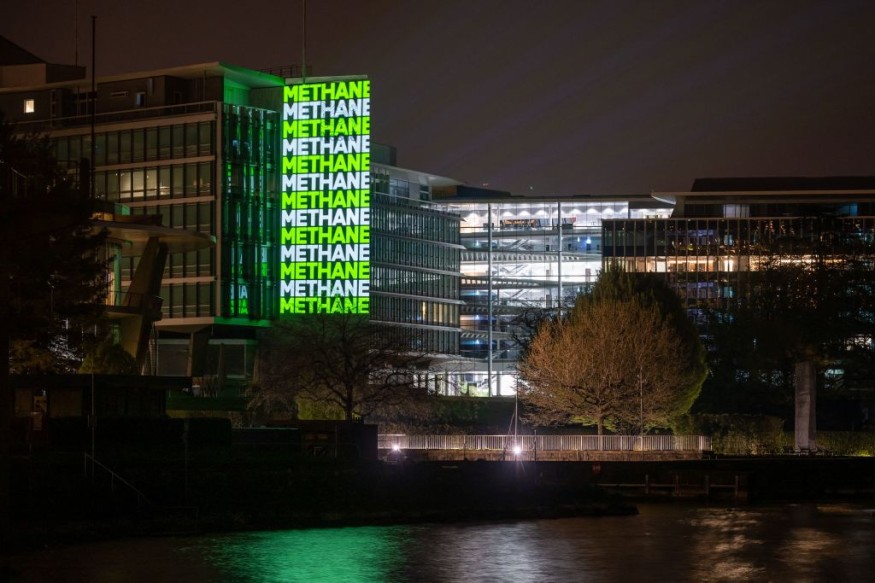A new study reveals that a bacterium that devours the greenhouse gas methane could limit the rate of global warming.

The study published in the journal Proceedings of the National Academy of Sciences found that harnessing these bacteria on a big scale might prevent 240 million tonnes of methane from entering the atmosphere by 2050.
Methanotroph
A group of researchers from California University Long Beach is suggesting a technique of eliminating methane by naturally converting methane to carbon dioxide and biomass utilizing a species of bacteria known as methanotrophs.
According to the primary researcher, Mary Lidstrom, all of the bacteria in this group "'eat' methane, removing it from the air and converting part of it to cells as a source of sustainable protein."
Lidstrom's team discovered a strain of bacteria within this group called methylotuvimicrobium buryatense 5GB1C that can efficiently remove methane even in low concentrations.
This has the potential to help decrease global warming if adopted globally.
This type of bacteria typically thrives in situations with high amounts of methane (5,000 to 10,000 parts per million (ppm)). The usual quantities of methane in our atmosphere are substantially lower, at only approximately 1.9 ppm.
However, certain sites generate higher concentrations of around 500 ppm, such as landfills, rice fields, and oil wells.
"Bacteria that rapidly eat methane at the higher concentrations found around cattle herds, could make a huge contribution to cutting methane emissions, especially from tropical agriculture," Euan Nisbet, professor of Earth sciences at Royal Holloway, University of London said in an interview.
They also suggested that the bacterial strain be genetically modified. This can be accomplished by introducing gene mutations and selecting strains with desirable properties.
By implementing these improvements, nations around the world can prevent 240 million tonnes of methane from major emission sites from entering the atmosphere over a 20-year period by deploying 50,000-300,000 treatment units.
"Other studies have predicted that if the methane in the atmosphere was decreased by 300-1000 million tonnes by 2050, it would result in a global temperature decrease of about 0.21-0.22°C," said Lidstrom. "So 240 million tonnes is predicted to have a significant effect on global warming," she added.
Read Also : Greenhouse Gases Carbon Dioxide and Methane Dramatically Increase by 0.6% and 0.5% in 2022 [Study]
Challenges
Researchers anticipate a few difficulties as the technology is ramped up.
Controlling temperature, for example, is difficult. The ideal temperature range for bacterial growth is 25-30oC, thus both too-low and too-high temperatures are harmful, according to the experts.
"Controlling temperature will be expensive and impact both economic feasibility and energy balance. So, the issue is about cost and energy usage when considering temperate versus tropical versus arctic climates, for instance," Lidstrom explained.
Experts stressed that more field tests are needed to test the viability of deploying the technology.
They noted that analyzing the environmental life cycle and techno-economics of the technology is required to ensure that it is commercially feasible and gives environmental benefit.
According to Mary Ann Bruns, professor of soil microbiology at Pennsylvania State University, a lack of political will and knowledge in the commercial and governmental sectors about the necessity of reducing methane today will worsen global warming in the coming years.
Related Video:
© 2026 NatureWorldNews.com All rights reserved. Do not reproduce without permission.





